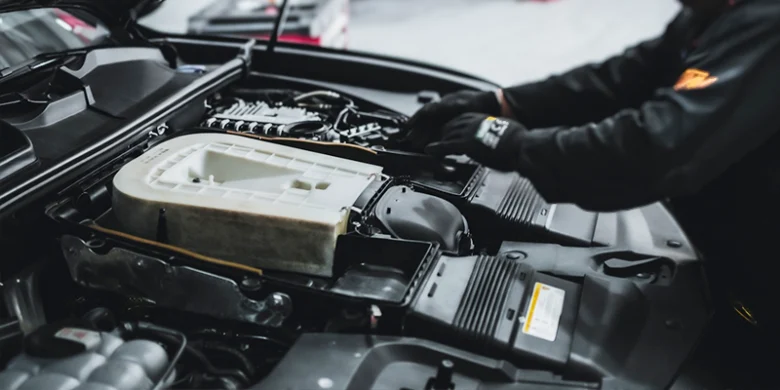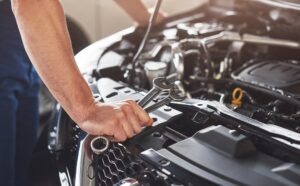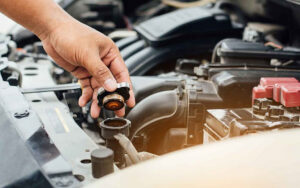A well-maintained car engine not only ensures maximum efficiency but also prolongs the life of your vehicle. Regular engine care prevents breakdowns and costly repairs, enhancing your driving experience. This article provides essential tips on how to keep your car engine in top condition.
1. Regular Oil Changes
- Why It’s Important: Oil lubricates the engine, reducing friction and wear. It also helps in cooling engine parts and cleaning sludge from the engine.
- Recommended Practice: Change your engine oil and oil filter every 5,000 to 7,500 miles, depending on your vehicle’s specifications and the type of oil used.
2. Check and Replace the Air Filter
- Purpose: A clean air filter ensures that your engine is not forced to work harder due to blockage and dirt. This improves fuel efficiency and performance.
- Maintenance Tip: Inspect your air filter every 15,000 miles and replace it if it’s dirty. Driving in dusty conditions might require more frequent changes.
3. Maintain Cooling System
- Function: The cooling system helps maintain optimal engine temperature and prevents overheating.
- Care Routine: Check coolant levels regularly and top up as needed. It’s recommended to flush the system and replace the coolant every 40,000 miles.
4. Inspect Belts and Hoses
- Importance: Belts transmit power to the engine components while hoses circulate coolant to prevent overheating.
- Inspection Frequency: Check belts and hoses during every oil change for signs of wear and tear. Replace them every 60,000 miles or as per your car manufacturer’s guidelines.
5. Use High-Quality Fuel
- Why It Matters: High-quality fuel contains fewer impurities, which can reduce engine deposits and build-up.
- Suggestion: Opt for fuel from reputable stations and consider using a fuel additive if recommended by your car’s manufacturer to clean and protect the engine.
6. Regularly Check for Leaks
- Potential Issues: Oil, coolant, and other fluid leaks can lead to serious engine problems.
- What to Do: Visually inspect the area under the engine regularly. If you spot leaks, identify the fluid type and have it checked by a professional.
7. Listen for Unusual Noises
- Indicator: Strange noises like knocking or hissing might indicate mechanical problems.
- Action Step: Do not ignore unusual sounds; have your car checked to prevent more significant engine damage.
8. Keep Your Engine Exterior Clean
- Benefits: Removing dirt and grime from the engine bay prevents the buildup of contaminants that can harm engine components.
- Cleaning Tips: Use a degreaser and a small brush to clean the engine. Cover sensitive components with plastic to avoid water damage during the cleaning process.
9. Periodic Professional Inspections
- Advantage: Regular professional check-ups can diagnose issues before they become serious.
- Recommendation: Schedule a comprehensive engine check-up at least once a year with a trusted mechanic.
Conclusion
Regular engine maintenance is crucial for the longevity and efficiency of your vehicle. By following these essential tips, you can ensure that your car remains reliable, performs well, and retains its value over time. Remember, the cost of prevention is always less than the cost of repair. Take care of your engine, and it will take care of you on the road.
4


